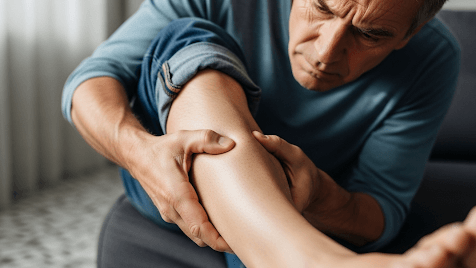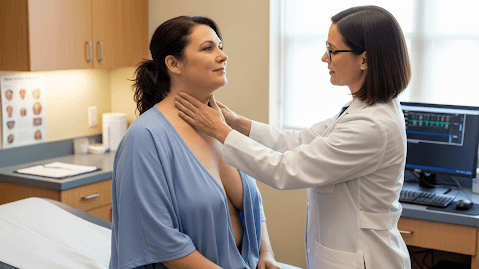
Understanding the Health Risks: Low Hemoglobin and Vitamin D Deficiency
Recent statistics suggest that a staggering 45% of women have low hemoglobin levels, while three in four lack adequate Vitamin D. These deficiencies can significantly impact overall health and well-being, making it imperative for women to understand the risks involved.
Hemoglobin plays a crucial role in transporting oxygen throughout the body. Low levels can lead to fatigue, weakness, and other serious health issues. Similarly, Vitamin D is essential for bone health, immune system function, and has even been linked to reducing the risk of certain cancers.
Why Are Women More Vulnerable?
Women, especially those of childbearing age, are particularly susceptible to anemia due to menstrual blood loss, dietary deficiencies, and pregnancy demands. Additionally, certain dietary habits can contribute to lower hemoglobin levels. Women’s health is often influenced by nutrition, lifestyle choices, and hormonal fluctuations; inadequate intake of iron-rich foods and Vitamin D can lead to serious health problems.
The Link Between Vitamin D and Women's Health
Vitamin D deficiency is often overlooked, but it plays a critical role in many bodily functions. Research has shown that a low level of Vitamin D is linked to not just bone health issues but also an increased risk of breast and other cancers. Incorporating sunlight exposure, fatty fish, and fortified foods into the diet can help improve Vitamin D levels. For those struggling to get enough from diet and sun, supplements may be necessary.
Practical Tips to Address These Deficiencies
1. Nutrition Matters: Consuming a well-balanced diet rich in iron and Vitamin D is essential. Foods such as spinach, lentils, red meat for iron, and fatty fish, eggs, and fortified dairy for Vitamin D should be prioritized.
2. Routine Testing: Regular check-ups with a healthcare provider can help monitor hemoglobin and Vitamin D levels, allowing for timely interventions if deficiencies are detected.
3. Sunshine and Supplements: Aim for at least 20-30 minutes of sunlight exposure several times a week. If unable to achieve adequate levels through diet and sunlight, consider discussing Vitamin D supplements with your healthcare provider.
Empower Yourself: Know the Signs
Being proactive about your health is crucial. Common signs of low hemoglobin may include fatigue, pallor, and shortness of breath. For Vitamin D deficiency, symptoms might be more subtle but can include bone pain and muscle weakness. Being aware of these signs is the first step in protecting your health.
Future Trends in Women’s Health
The conversation surrounding women’s health is evolving, with a greater emphasis on nutrition and preventative measures. As research continues to explore the connections between nutritional deficiencies and chronic illnesses like cancer, it’s clear that knowledge is power. Women are encouraged to advocate for their health, make informed dietary choices, and seek out resources that support well-being.
Moving Forward: Taking Charge of Your Health
Women are navigating various challenges, but understanding and addressing health risks like hemoglobin and Vitamin D deficiencies is vital. Taking charge of your health through education, nutrition, and regular health screenings can lead to a healthier, more vibrant life.
By prioritizing these aspects, you're not just improving your own health; you're setting an example for future generations. Engage with your health journey today and inspire those around you to do the same!
 Add Row
Add Row  Add
Add 




Write A Comment